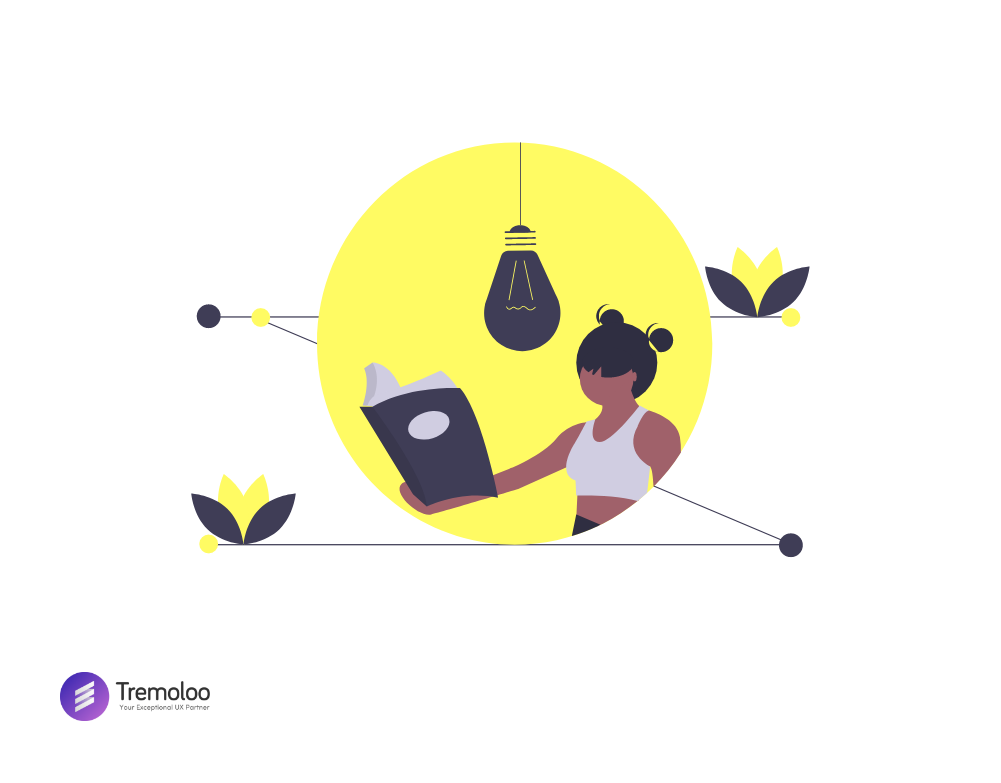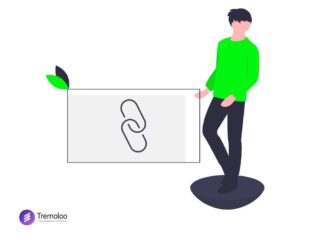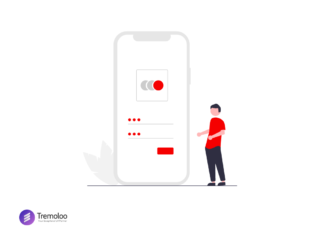
People always wonder what’s the intersection between psychology and technology.
There’s a big relationship between the two fields.
Have you ever designed something and were surprised by how people interacted with your interface or responded to the design?
So what does psychology do?
It helps you expect what users’ behaviors might be before you even design your interface and why. The most successful interaction designers are the ones who use psychology to inform their design decisions.
To understand why people behave in a certain way, we need to understand the underlying mechanisms for how people process information. So cognitive psychology is really important in helping us better understand how people perceive our designs.
Now for people, we come with a lot of cognitive bias; we are not logical beings. Oftentimes, we’ll hear people say things like “I want a lot of information”. When we go back and look at our data we find that people are only reading about 20% of the content that’s available to them.
One other thing to keep in mind is that human memory is fallible. We only can keep several seconds of what we see in our minds for a very short period of time unless it’s rehearsed.
As designers, it’s very important to understand how people store information in their minds. So, they can make decisions quickly and make the right decisions that will help them achieve their tasks.
So, designers who take into account people’s cognitive limitations and abilities are better equipped at planning and designing interfaces that match human cognition.



